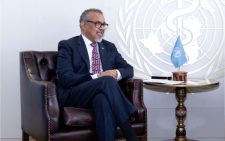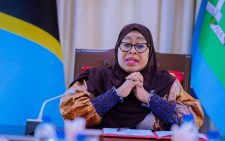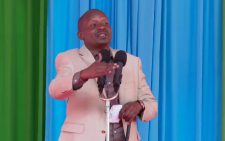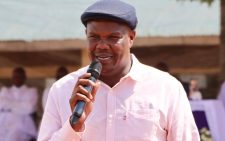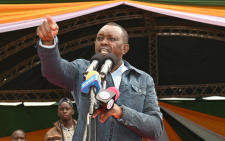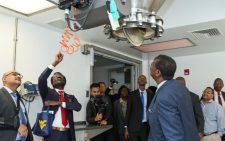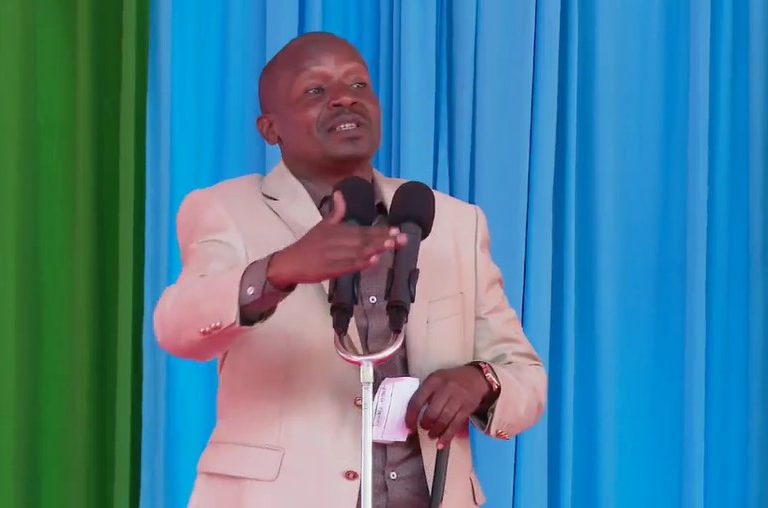Tanzanian incoming WHO Africa director dies at 55
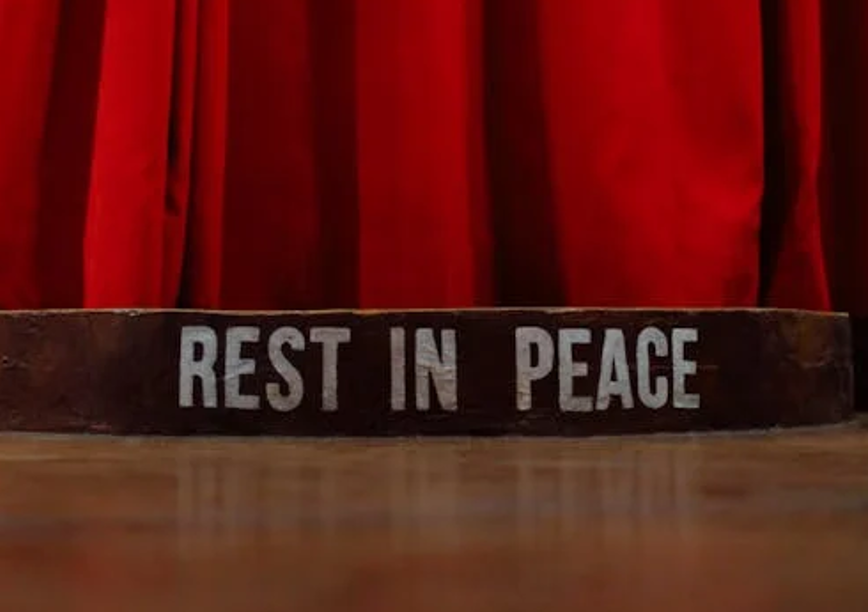
The incoming regional director of the World Health Organization in Africa, Tanzania’s Dr Faustine Ndugulile, has died, months after he was elected to the position.
Ndugulile, a 55-year-old lawmaker and a medical doctor, died on Wednesday morning in India while undergoing treatment, Tanzania’s speaker of parliament said.
He is known for having stood up to President John Magufuli at the height of the Covid pandemic in 2020 when he served as deputy health minister.
In August this year, he was elected as the WHO regional head, to take over from Botswana’s Dr Matshidiso Moeti, who has served two five-year terms.
He was due to assume the role in February next year.
Condolences pour in
WHO Director-General Tedros Adhanom Ghebreyesus on Thursday said he was “shocked and deeply saddened” by Ndugulile’s death.
Tanzanian President Samia Suluhu also sent her condolences to the family of the deceased lawmaker.
The reasons he was being treated have not been disclosed.

Before his election to the WHO position, Ndugulile had a distinguished career in both politics and public health.
He represented the Kigamboni constituency in Dar es Salaam as a legislator and held several key governmental positions, including deputy minister for health and communications minister.
He was appointed to the health ministry position in 2017 and stayed there until Magufuli sacked him in May 2020, at the height of the coronavirus epidemic.
No reason was given for his sacking, although media reports suggested that it was about his stance on the fight against coronavirus in the country, which went against the president’s views.
Magufuli was a vehement coronavirus sceptic and refused to put in place measures that the rest of the world had to control the spread of the virus, including wearing face masks.
In parliament and elsewhere, Ndugulile was often photographed wearing a mask when hardly any Tanzanians were doing this.
A month before his sacking, he had warned against using traditional means of treating patients for Covid, such as inhaling boiled herbs, saying this would block the respiratory system.
Magufuli had openly supported traditional remedies as a way of dealing with Covid.
He asked Tanzanians to be mindful so that they could not be “used for trials of some doubtful vaccinations” and advocated steam inhalation “because the coronavirus is made up of fats, when exposed to such high temperatures above 100°C, it will just disintegrate”.
He also urged Tanzanians to pray. “I don’t expect to announce any lockdown because our God is living and he will continue to protect Tanzanians,” he said.
But at the beginning of his second term in office in December of the same year, President Magufuli appointed Ndugulile as Minister of Communication and Information Communication Technology.
Ndugulile held the position until Magufuli’s death in 2021.
Life before politics
Before joining politics in 2010, Ndugulile had served as a director in the health ministry overseeing diagnostic services.
He played a key role in establishing the National Blood Transfusion Services in 2006, where he served as the founding programme manager.
He had also worked at the US Centers for Disease Control and Prevention (CDC) in South Africa.
Tanzania proposed him for the WHO post earlier this year, citing his experience and commitment to global health.
After his election in August, he had expressed commitment to advancing health in the continent.
“I promise to work with you and I believe that together we can build a healthier Africa,” he said then.
The outgoing Africa director, Dr Moeti, has described his death as an “immense loss”.
It is the first time a WHO regional director-elect has died before assuming office.
The political process of electing another director is a long and complex one.
